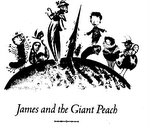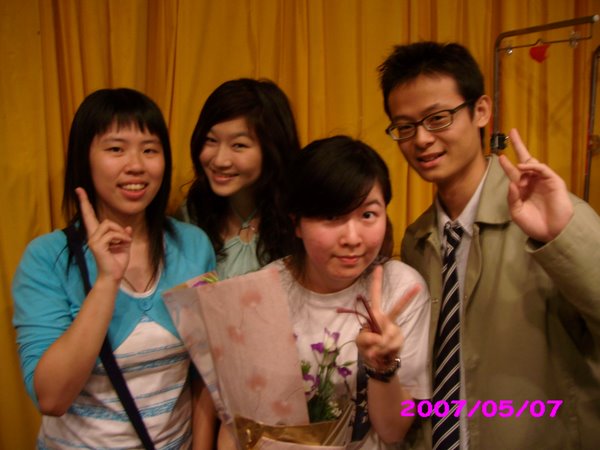
Story Log
Mark Haddon: The Curious Incident of the Dog in the Night-Time (P.221)
Main characters:
Christopher
Settings:
Christopher, at fifteen, has been attending a special school for most of his life, living at home with his father, a heating contractor who works long hours. Innocent and honest, he sees things logically and interprets the spoken word literally, unable to recognize the clues which would tell him if someone is being dishonest or devious or even facetious. “I find it hard to imagine things which did not happen to me,” he said.
Events:
When Wellington, the pet poodle who lives across the street, is stabbed with a pitch fork and killed, Christopher decides to solve the mystery and write a book about it. Using his favorite novel, The Hound of the Baskervilles, by Sir Arthur Conan Doyle, as his model, he investigates the crime, uncovering man secrets involving his own family in the process. As he applies the lessons which Siobhan has given him for dealing with his overwhelming outside world, he also embarks on a most unusual coming-of-age story, and ends the book a much more mature 15-year-old than he was when he started.
Conclusion (ending):
Christopher’s difficulties with his emotions are particularly poignant. Removed from his feelings, Christopher can only respond with logic, or with the anger which sometimes overwhelms him as result of fear or frustration, and the readers, responding to his difficulties as any loving caregiver would, cannot help aching for Christopher and empathizing with his family. As Christopher investigates Wellington’s death, he makes some remarkably brave decisions and when he eventually faces his fears and moves beyond his immediate neighborhood, the magnitude of his challenge and the joy in his achievement are overwhelming.
Reflection:
Christopher Boone relaxes by groaning and doing math problems in his head, eats red-but not yellow or brown-foods and screams when he is touched. Strange as he may seem, other people are far more of a conundrum to him, for he lacks the intuitive “theory of mind” by which most of us sense what’s going on in other people’s heads. As the mystery leads him to the secrets of his parents’ broken marriage and then into an odyssey to find his place in the world, he must fall back on deductive logic to navigate the emotional complexities of a social would that remains a closed book to him. Christopher can only make sense of the chaos of stimuli by imposing arbitrary patterns. His literal-mined observations make for a kind of poetic sensibility and a poignant evocation of character. Though Christopher insists, “This will not be a funny book. I cannot tell jokes because I do not understand them,” the novel brims with touching, ironic humor.
















No comments:
Post a Comment